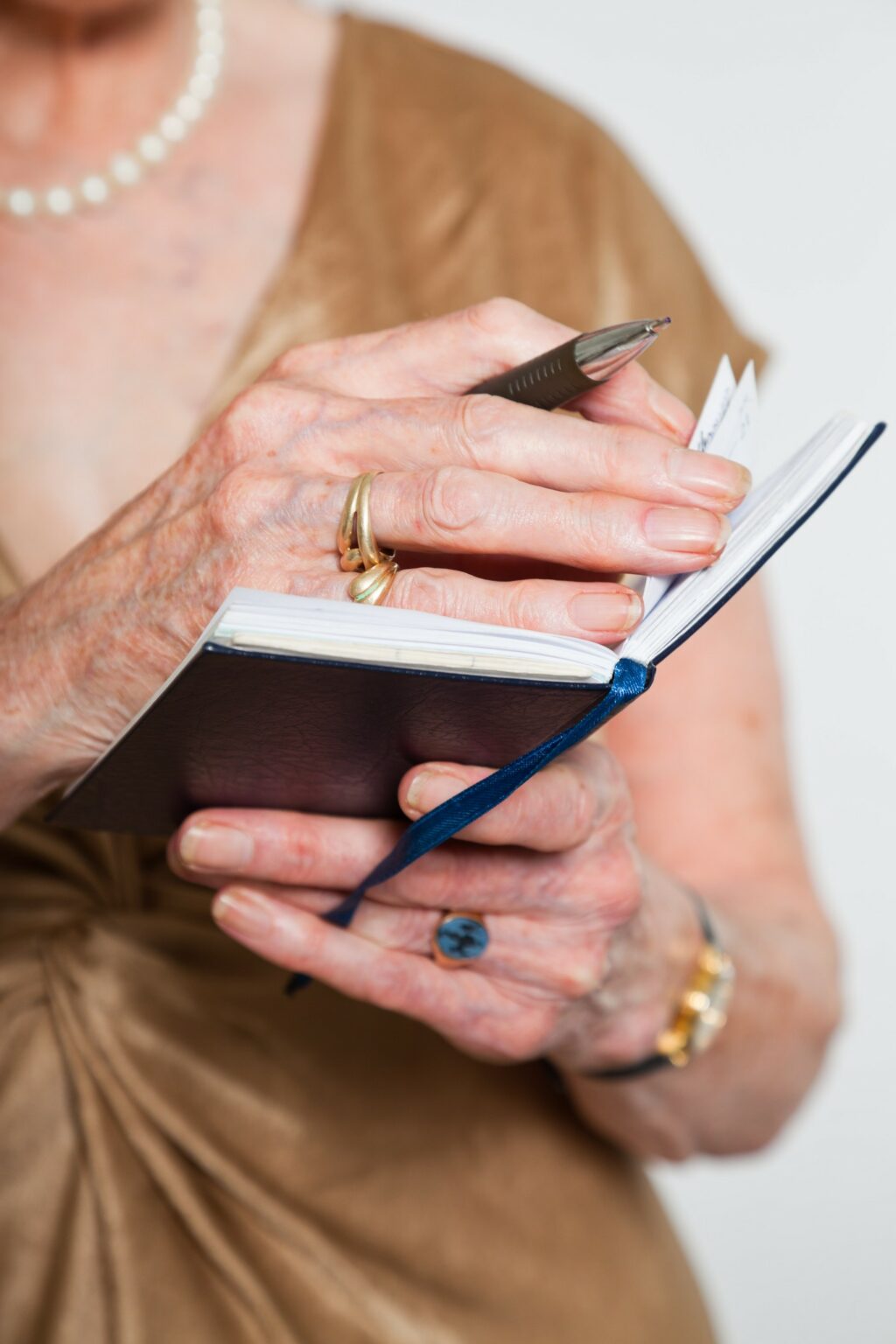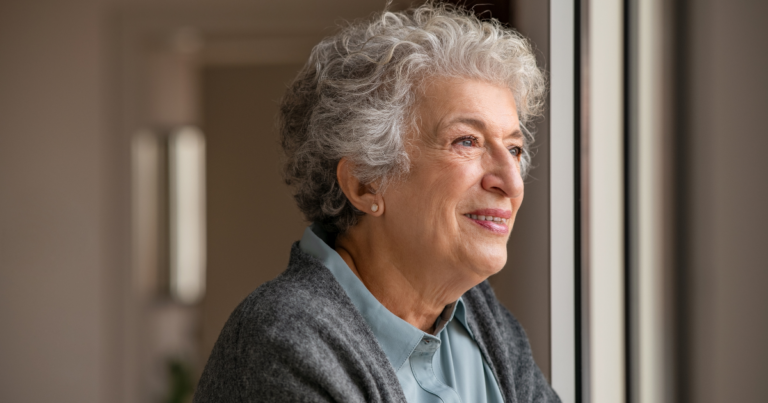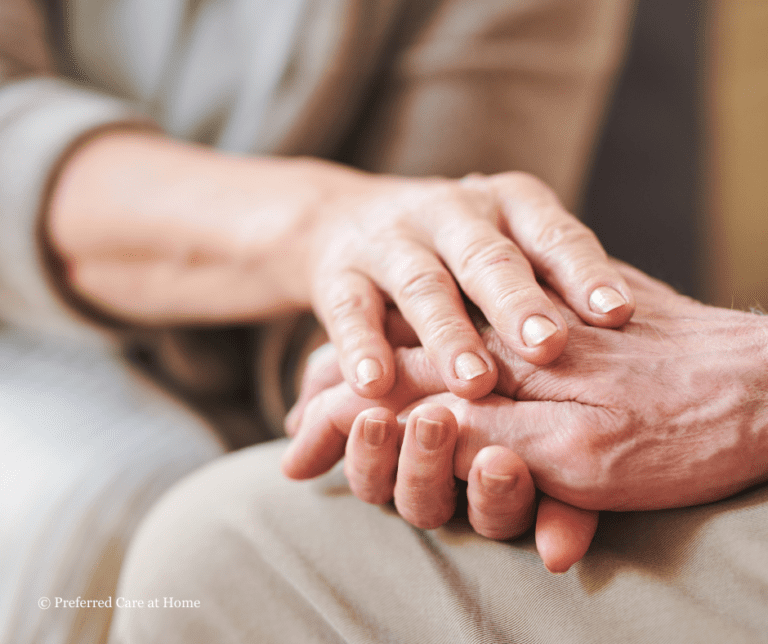12 Signs of Stress Overload in the Family Caregiver
Published March 22, 2013 by Francesca Robinson, MA in At Home Caregiving

It’s Friday. I glance over at my to-do list, and I’m disappointed by my accomplishments this week. I add three more tasks that slipped through the cracks and set a reminder on my phone. I want to add “grocery shopping” to my list, but finding the time seems impossible, so I leave it off.
Life is busy, and I’m willing to bet I’m not the only person who thinks so. We live in a fast-paced world, with social networking, emails, and cellphones keeping us constantly busy. And I have found that busyness is often accompanied by stress.
We’ve become accustomed to living with a certain level of stress. It’s what keeps us moving through our day and through that to-do list. As an in-home family caregiver, you’ve learned to live with a much longer to-do list and a higher level of stress than the average person. However, we all have a breaking point where everyday stress becomes too much. Here are a few signs of stress overload that signal your need to make some changes:
- Moodiness or irritability
- A feeling of being overwhelmed
- Isolation
- Anxious or racing thoughts
- Difficulty concentrating
- Poor judgement
- Upset stomach
- Chest pain, rapid heartbeat
- Difficulty sleeping
- Aches and pains
- Frequent colds
- Lack of eating or overeating
If you recognize these signs of stress overload, it’s time to make some changes in your life. Your body is telling you it needs some attention—you need self-care.
Self-care is personal health maintenance that looks different for each person, but it involves first and foremost rest. As an in-home family caregiver, to you, the idea of rest may seem impossible, but it’s vital to your health and the health of the senior loved one you’re caring for. You can’t do it all on your own. Your body has made it clear that you’ve reached your limit. You need to make changes so you can continue to support yourself and your family well into the future.
Once you recognize that you can’t do it all on your own, it’s time to ask for help. You’ll need family members or friends to come into your world and help with the tasks. At Preferred Care at Home, we already understand the to-do list and are ready to step in for one to 24 hours to provide that respite care you need.
For many family caregivers, self-care is a new concept. Yet, in order to provide the best possible care for your loved one, it’s vital you take the time to maintain your own health. Stay tuned for more posts on the importance of integrating self-care into the life of the in-home family caregiver.
If you have questions about senior home
care services or if you want to start care:
Related Posts

October 19, 2023
Preventing Osteoporosis: Essential Tips for Stronger Bones Post-Menopause
R. Bradley Robinson, M.D.

September 28, 2023
3 “Little Things” That Improve Communication Between Caregivers and Loved Ones
Francesca Robinson, MA

August 4, 2022
Caregiving: Give Yourself Some Credit – You Deserve It!
Laurie Salmons, RN, BSN
Helping seniors age in place, with dignity & grace.